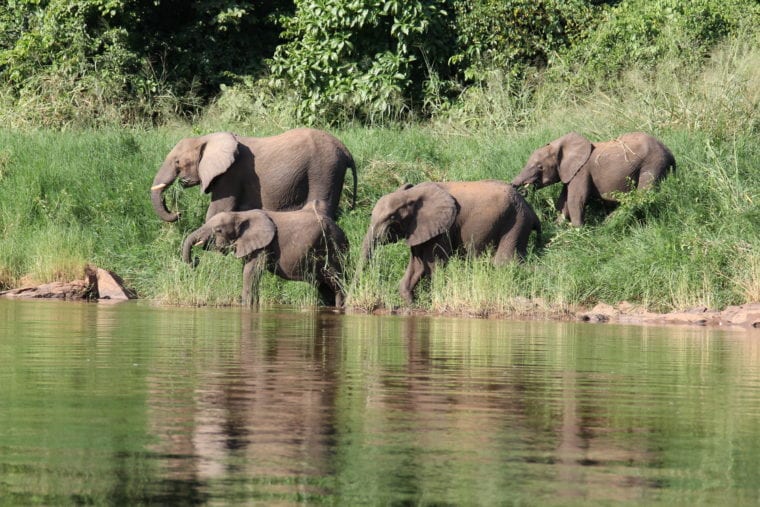[post_page_title]The parks[/post_page_title]
African Parks assumed responsibility of Majete, a reserve in Malawi, Africa, in 2003. The area had lost its entire population of elephants, and in the following years, African Parks reintroduced over 400 elephants which have been thriving in the area ever since.

2015 saw African Parks take over two other parks, Liwonde and Nkhotakota. Liwonde now has over 575 elephants, thanks to the organization, and Nkhotakota has more than 360, despite having dropped from over 1,500 to less than 100 before African Parks took it over.
